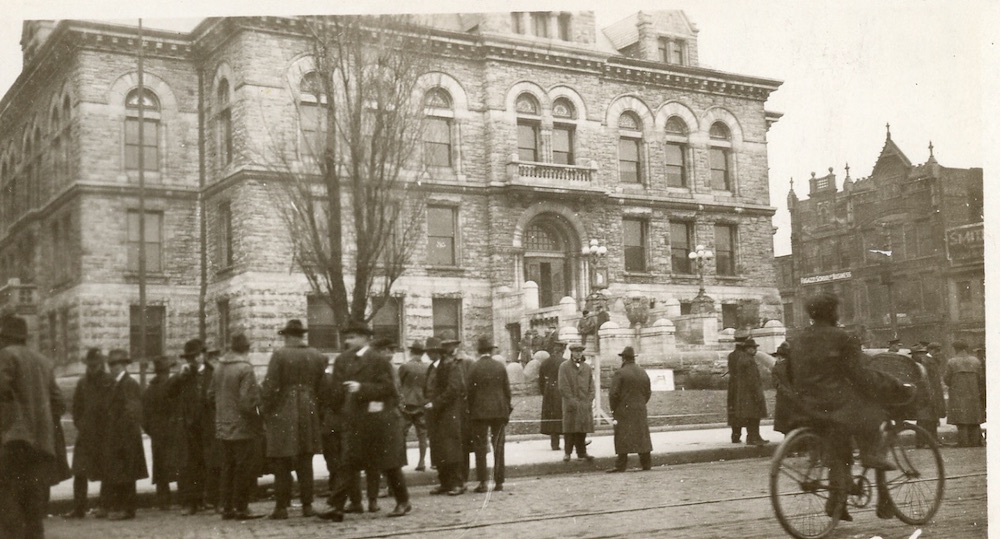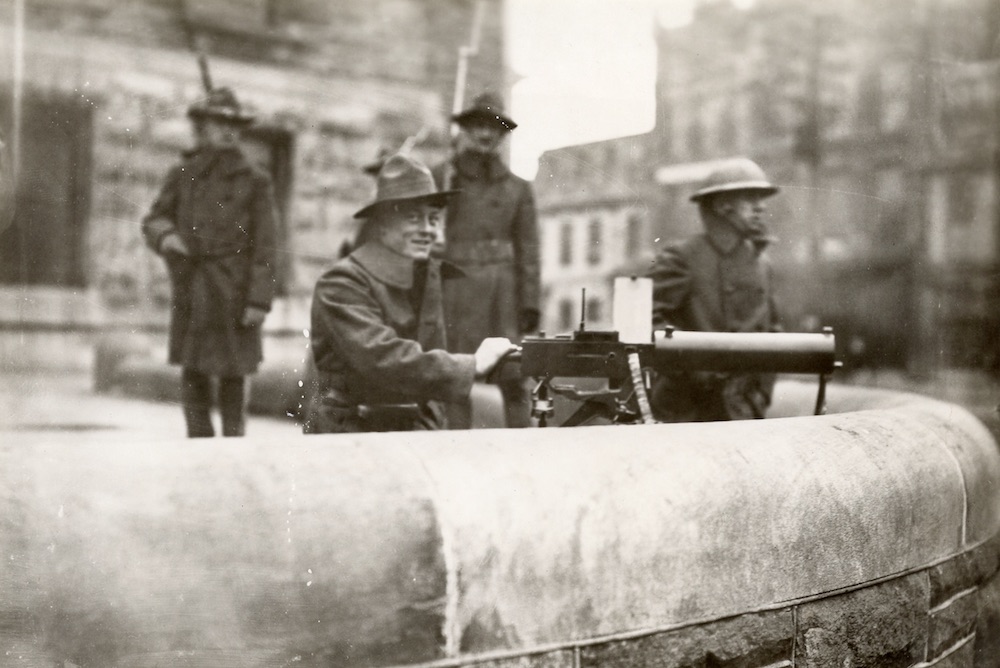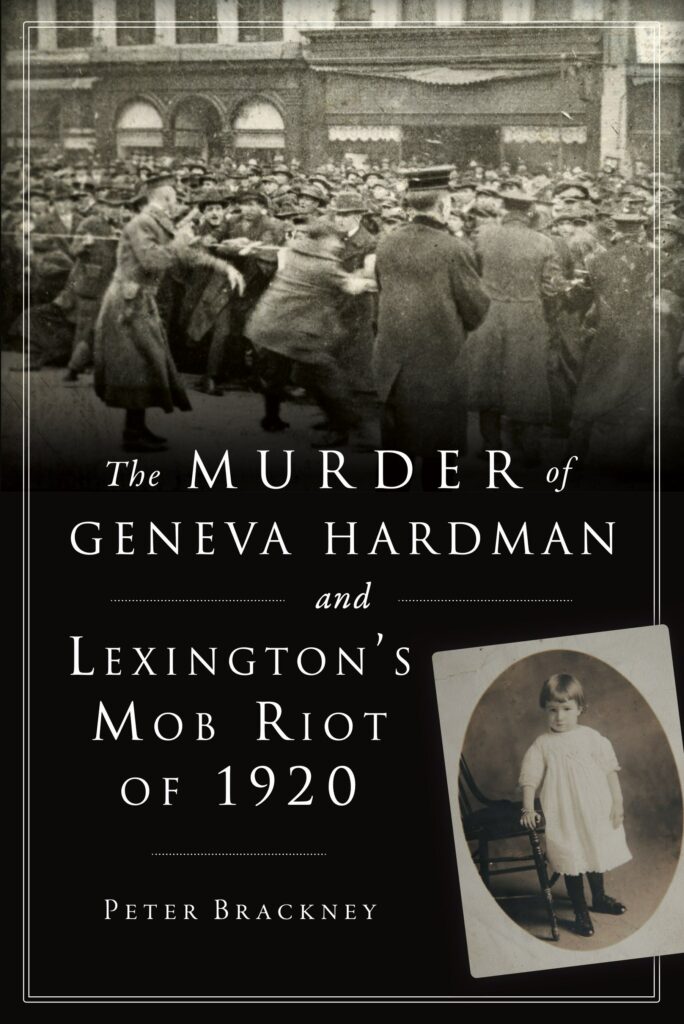Early on the morning of February 9, 2019, local authorities stretched a steel cable around the perimeter of the old Fayette County Courthouse in downtown Lexington. The day would result in a guilty verdict and a sentence of death against defendant Will Lockett, a man convicted in the killing of Geneva Hardman just five days earlier.
At about 1:15 in the early morning hours, Lockett was transported from the state capital, Frankfort, where the accused had been held awaiting trial. At 9:00 a.m., the trial in the matter of Commonwealth v. Will Lockett was called to order.

State and local authorities were assembled around the courthouse that morning. Inside, Judge Charles Kerr presided. The evening the crime was committed, the accused confessed his guilt. As a result, the jurors only determination would be one of sentencing. The question was whether Will Lockett would be executed for his crime or whether he would be sentenced to a life term of imprisonment.
Representing Lockett were two attorneys. While one of them, Samuel Wilson, was reading Lockett’s plea of mercy, gunshots rang out.
The shots were fired from outside the courthouse. Order was largely maintained inside the courtroom; the jury was instructed to deliberate and reach its finding without leaving the jury box. But outside, the guardsman and the assembled lynch mob exchanged in gunfire that resulted in many casualties including the deaths of six in the crowd.
With this state of lawlessness, the governor called for the presence of federal troops. By mid-afternoon, martial law was declared in Lexington, Kentucky, as federal troops planted on the courthouse lawn. Within minutes, the assembled crowd estimated at ten thousand strong was dispersed at the presence of federal troops with fixed bayonets marching down Main Street.
Lexington would remain under martial law for nearly two weeks.


This post contains excerpts from Peter Brackney’s The Murder of Geneva Hardman and Lexington’s Mob Riot of 1920 (The History Press, Charleston, SC: 2020).
For more information about the book or to schedule an event with the author, click here.

